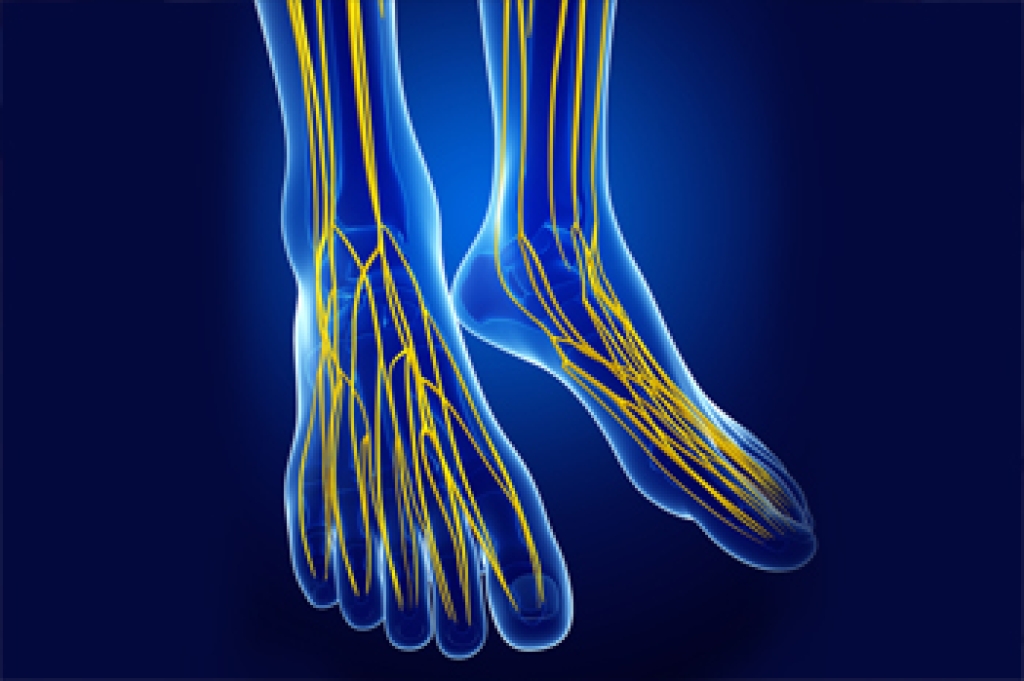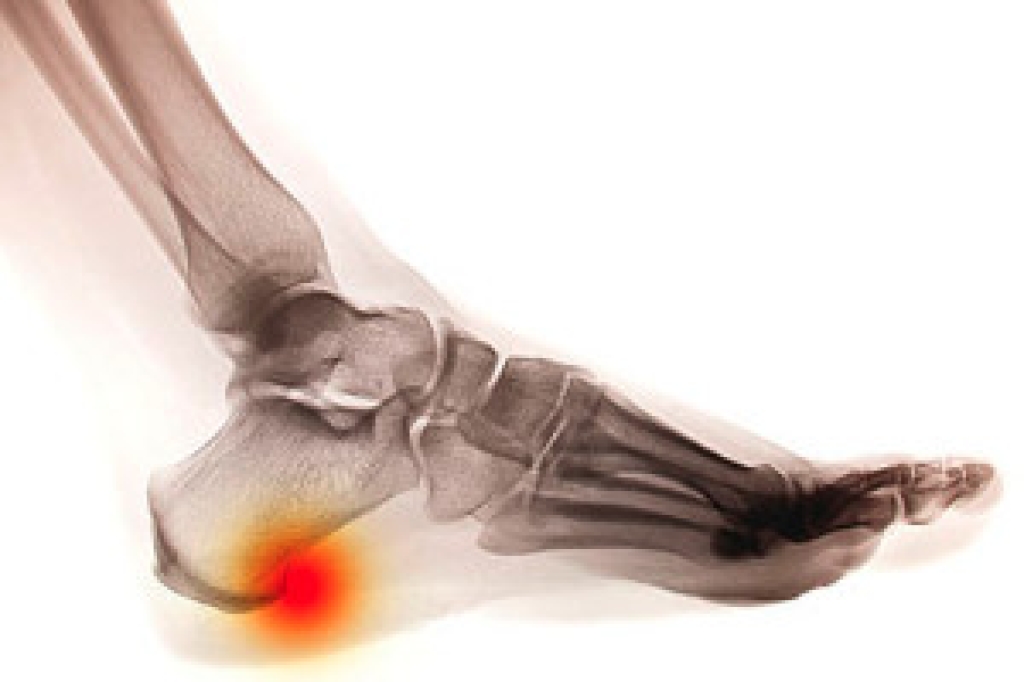Stress fractures in the feet are a common injury, particularly among athletes. They can be caused by any activity that puts increased pressure on the feet, from playing a high impact sport to starting a new workout routine. A sudden increase in activity, for example, running for much longer than usual, can overload the bones in your feet. Changing the surface that you train on can have a similar effect, specifically if you are moving from a soft surface, like turf, to a hard one like asphalt. Having an improper running technique or wearing the wrong shoes can also lead to stress fractures. If you are suffering from any type of foot pain, please seek the care of a podiatrist.
Stress fractures occur when there is a tiny crack within a bone. To learn more, contact one of our podiatrists from APEX Foot & Ankle Center. Our doctors can provide the care you need to keep you pain free and on your feet.
How Are They Caused?
Stress fractures are the result of repetitive force being placed on the bone. Since the lower leg and feet often carry most of the body’s weight, stress fractures are likely to occur in these areas. If you rush into a new exercise, you are more likely to develop a stress fracture since you are starting too much, too soon. Pain resulting from stress fractures may go unnoticed at first, however it may start to worsen over time.
Risk Factors
- Gender – They are more commonly found in women compared to men.
- Foot Problems – People with unusual arches in their feet are more likely to develop stress fractures.
- Certain Sports – Dancers, gymnasts, tennis players, runners, and basketball players are more likely to develop stress fractures.
- Lack of Nutrients – A lack of vitamin D and calcium may weaken the bones and make you more prone to stress fractures
- Weak Bones – Osteoporosis can weaken the bones therefore resulting in stress fractures
Stress fractures do not always heal properly, so it is important that you seek help from a podiatrist if you suspect you may have one. Ignoring your stress fracture may cause it to worsen, and you may develop chronic pain as well as additional fractures.
If you have any questions please contact our offices located in Fort Myers, Shellpoint, and Naples, FL . We offer the newest diagnostic and treatment technologies for all your foot and ankle needs.
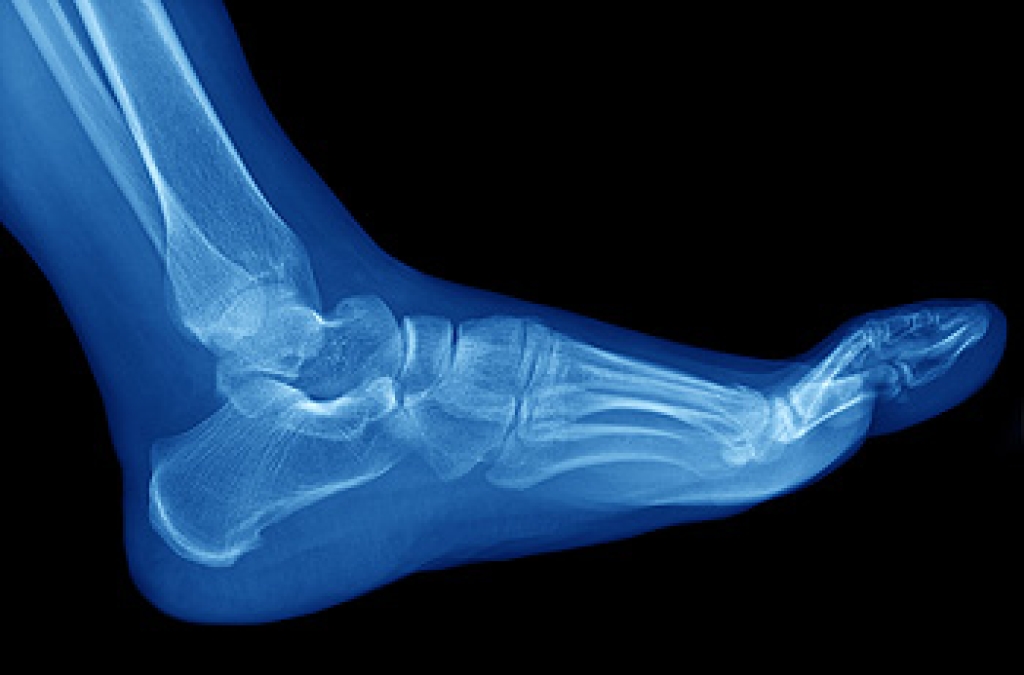

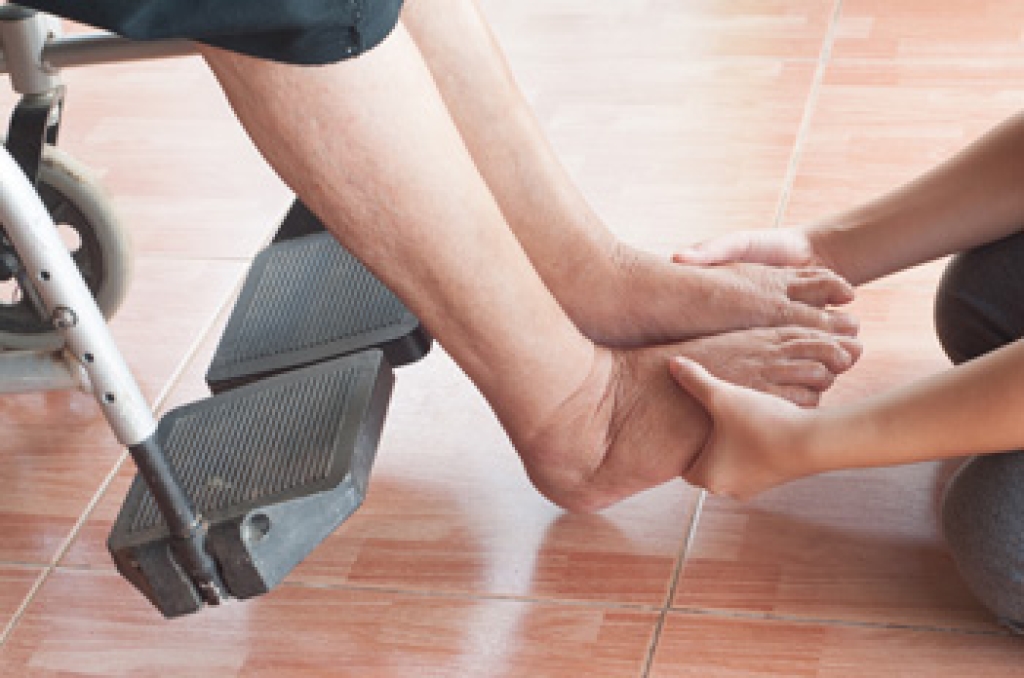

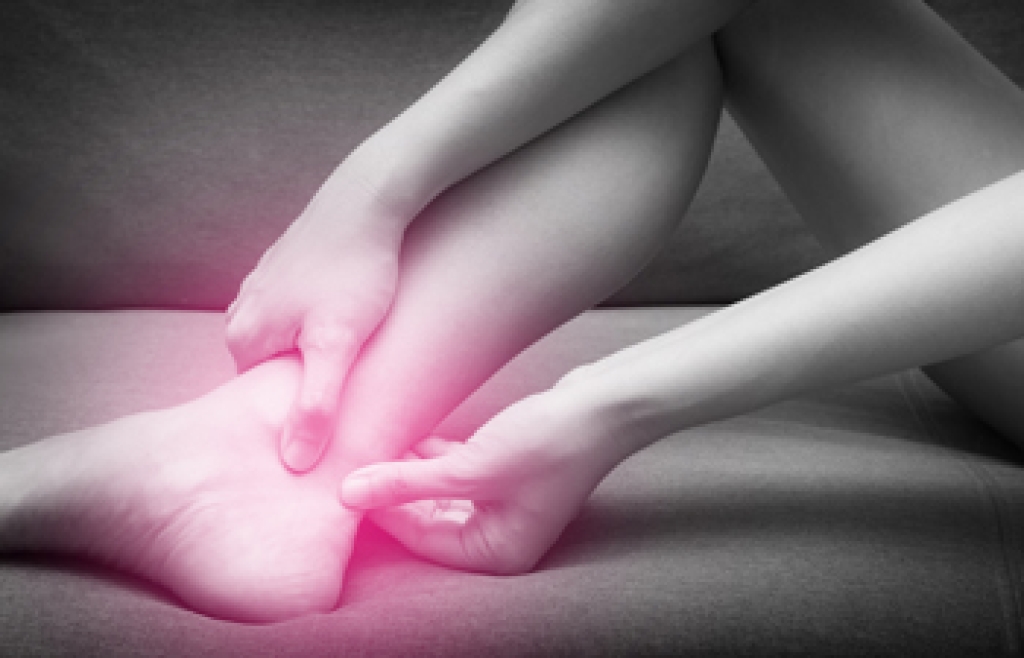
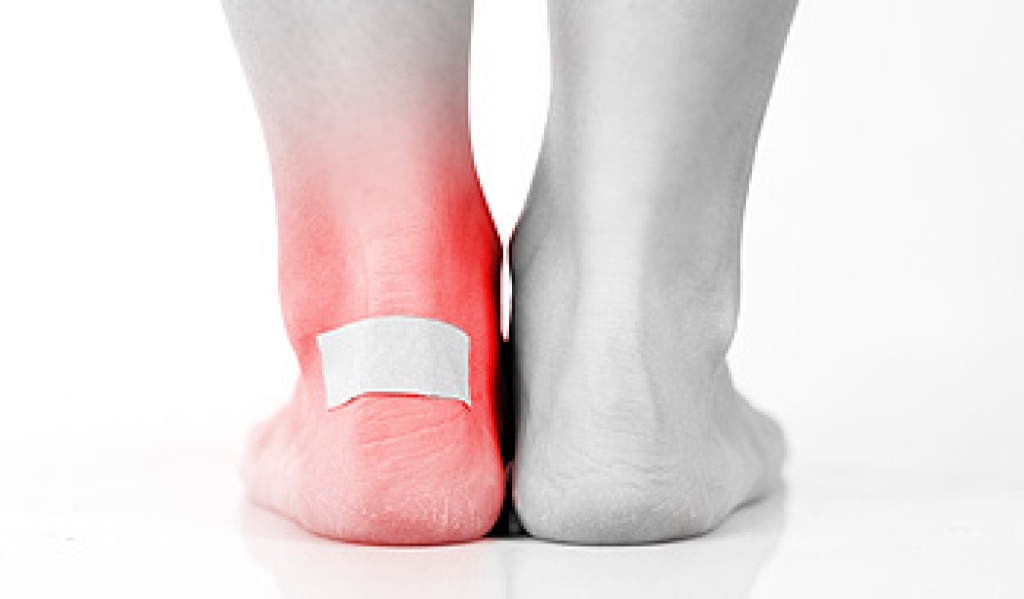 Blisters
Blisters

